Phase 1 – Industrial Electronics
Industrial Electronics is an instructor-led class that covers both electrical and electronic theory and practice applications. Students will work in a classroom lab setting and learn electrical and electronic fundamentals using a variety of meters and testing equipment. Students will work during this class on several building projects from instructional kits that will teach them fundamental skills and offer practical applications. This class will combine electrical theory and lab components in building fundamental electrical and troubleshooting skills.
Classroom and Lab Hours: Combined 136 total hours.
Typical method of delivery: 1 day of class per week, 8 hours a day. Instructor-led, combined classroom and lab delivery.
Course Highlights
- Alternating Current
- Assembly and Testing Electrical/Electronic Projects
- Capacitance
- DC Motors
- Direct Current Generators
- Inductance
- Integrated Circuits
- Magnetism
- Meters, Reading a Meter and Proper Use of Hand Tools of the Apprentice
- Ohm’s Law
- Parallel Circuits
- Power
- Radio and Wireless Technology
- RLC Circuits
- Semiconductors
- Series Circuits
- Series-Parallel Circuits
- Soldering
- Sources of Electricity – Batteries
- Sources of Electricity – Friction, Heat, Pressure, Light
- The Electron
- Transformers
- Volts, Amperes, Ohms
- Workplace and Electrical Safety
Anticipated Learning Outcomes
- Be proficient in basic to intermediate soldering applications
- Be proficient in building and wiring basic electrical components and circuit boards
- Be proficient in the use of digital voltmeters, oscilloscopes, amp meters, and other testing equipment
- Comprehend basic electrical fundamentals, laws, and principles of electricity
- Comprehend the process of debugging and troubleshooting the root cause of the basic electrical malfunction
Course Curriculum
Practical Electrical Theory
Electrical theory, basic electrical safety, and fundamentals of electronics.
Electronic components review – Identifying common electronic components found in modern Control’s systems, including high wattage resistors, capacitors, inductors, transistors, power diodes, operational amplifiers, or op-amps, etc.
Project Test and Debug
Students will test and ultimately debug the projects they build using test equipment that they learned previously in the course. The student will identify failed electronic components through the use of proper troubleshooting techniques. They will be identifying everything from failed Diodes, Capacitors, Transistors, Resistors, and Relays to open conductors and faulty wiring.
The student will be supplied with the project outlined above and will be required to build, solder, tune and test each project. The student will then model the projects on a “Breadboard” and demonstrate their knowledge and technical understanding of the project. At this point, the instructors will add failed components and wiring (install bugs) into the project and the student will be tasked with debugging the project using the appropriate reasoning and test equipment.
Soldering and Project Build
Students will learn proper soldering techniques by direct hands-on practice and through physically building the following projects: DC power supply, Siren Oscillator, Bi-Directional Motor Driver, and a Digital Multimeter. This segment is designed to teach proper soldering techniques, component identification, and practical operation of electronic components.
Contact
CNC Technical Solutions Inc
Phone: 585-798-9889
Location: 460 East Center St., Medina NY, 14103
Take the virtual tour at www.cncts.com.

